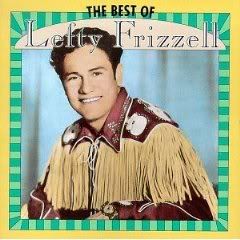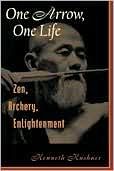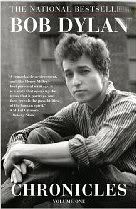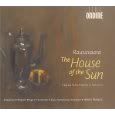During my nine years at Wesson, Arkansas, I was involved in several romantic experiences, including those with Helen Johnson when I was in the first grade and later with Melfa Telford at the age of ten. I was so in love with Helen that I got into a fight over her during recess on my first day in school. It was with "Stinky" Davis, a third grader, and he proceeded to knock me down a few times and, in the process, knocked my glasses off. When school was out that afternoon, I followed his little brother, who was my age and size, home from school and attacked him in the middle of the road in front of his house. This time I was victorious, and his mother had to pull me off of him.
When we moved from Wesson to Urbana, Arkansas in 1932, I was quite saddened because I was leaving my girl friend Melfa Telford. After we had completed our move, I received a letter from Melfa with a piece of double-bubble gum inside. So, I knew that she was really missing me.
My daddy was a very special person. He had a sense of empathy with black people and always treated them with respect. I can remember walking on the sidewalks in El Dorado and seeing Daddy step off the sidewalk to greet and shake hands with black people, whom were not allowed on the sidewalks. Shaking hands with a black person was unheard of back then. I also remember many times that he gave black people money, when I knew we were barely getting by. This was during the days of segregated schools and churches, and Daddy spoke many times at black high school graduations and spoke quite often at black churches. When he became Sheriff of Union County in the early fifties, he hired a black deputy which made him very unpopular and was probably the reason that he only served one term as Sheriff. I was quite touched during his funeral service at Second Baptist Church, to see many black people in attendance. This fact alone tells you a lot about my daddy's character, because black people did not attend white people's funerals back then.
………….
In recalling my early teenage years at El Dorado, I remember my association with Lefty Frizzell, who in the '50s became a superstar country singer and song writer. I was about 15 years of age when Lefty and his family moved to El Dorado, renting a shack near where Dale Gray [Dad's best friend – Tim] lived on South Jackson Street. Lefty was quite young then, perhaps 10 or 11, and accompanied by his many younger brothers and sisters, he followed Dale and me everywhere we went on the South side of El Dorado. Their daddy worked in the oilfields but apparently made little money because the children were dressed very poorly. The South side of El Dorado was a tough area to grow up in, and fighting was the main pastime. Lefty seemed to love fighting, particularly when he and his siblings were made fun of. He was also very good at it and used his left like a windmill. As I recall, Dale and I named him Lefty, and this nickname stuck with him the rest of his life. He later fought in the ring as a professional.
Lefty loved country music – especially Jimmie Rodger's songs – during the time that Dale and I knew him. He talked his mother into trading their milk cow to Dale's mother for an old wind up record played and several Jimmie Rodgers records. This was the beginning of Lefty's music career as he spent many hours playing Jimmie's records and trying to emulate him.
After about two years of living in El Dorado, Lefty's family moved to the Texas oilfields, and he later started singing in night clubs in Texas and boxing. I lost touch with him until after I came back to El Dorado after college and heard some of his music and songs on the radio. I still love his songs and play them often. My son Mike wrote a song titled "Daddy Knew Lefty" in April 1992 and recorded it on cassette tape. I am very proud of this tape, and it tells the true story of my time with Lefty.














